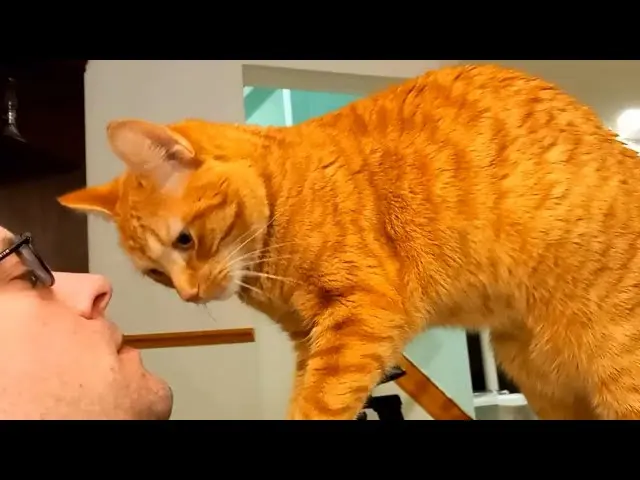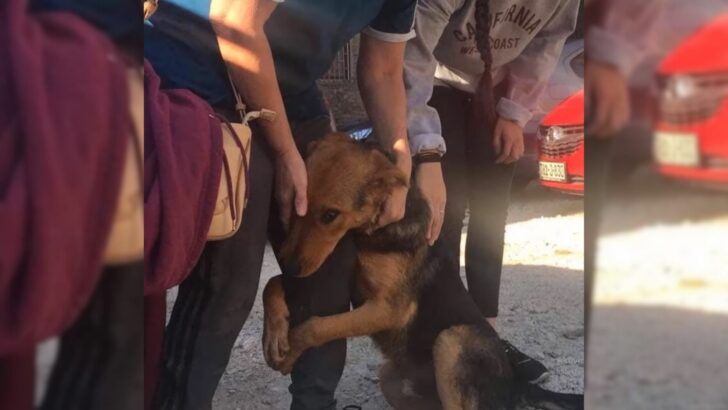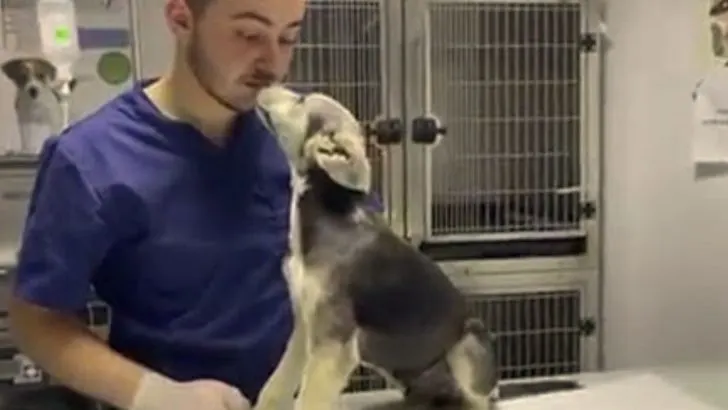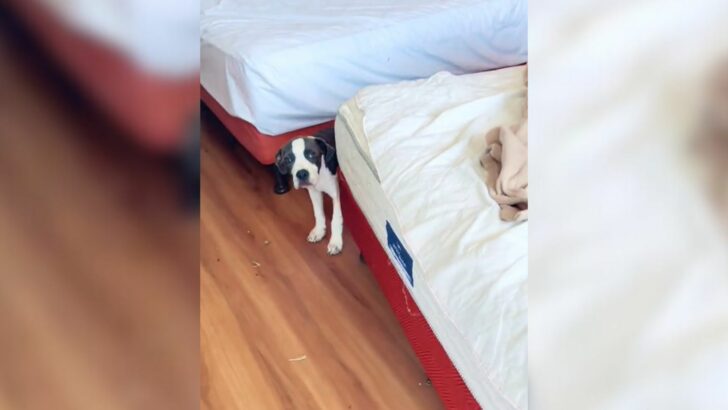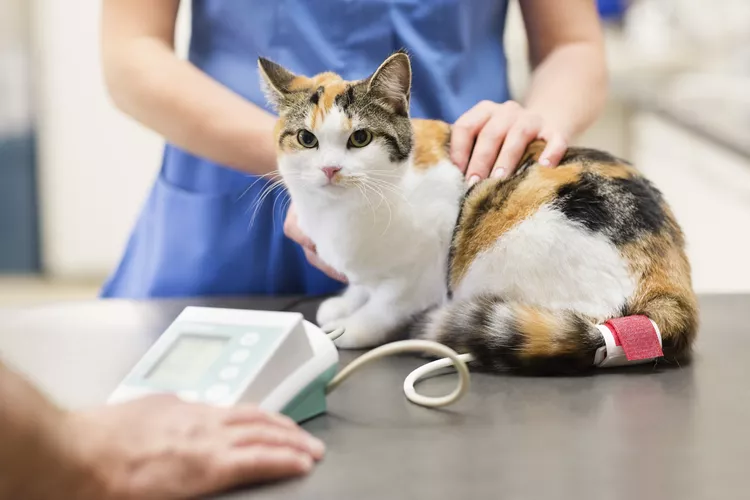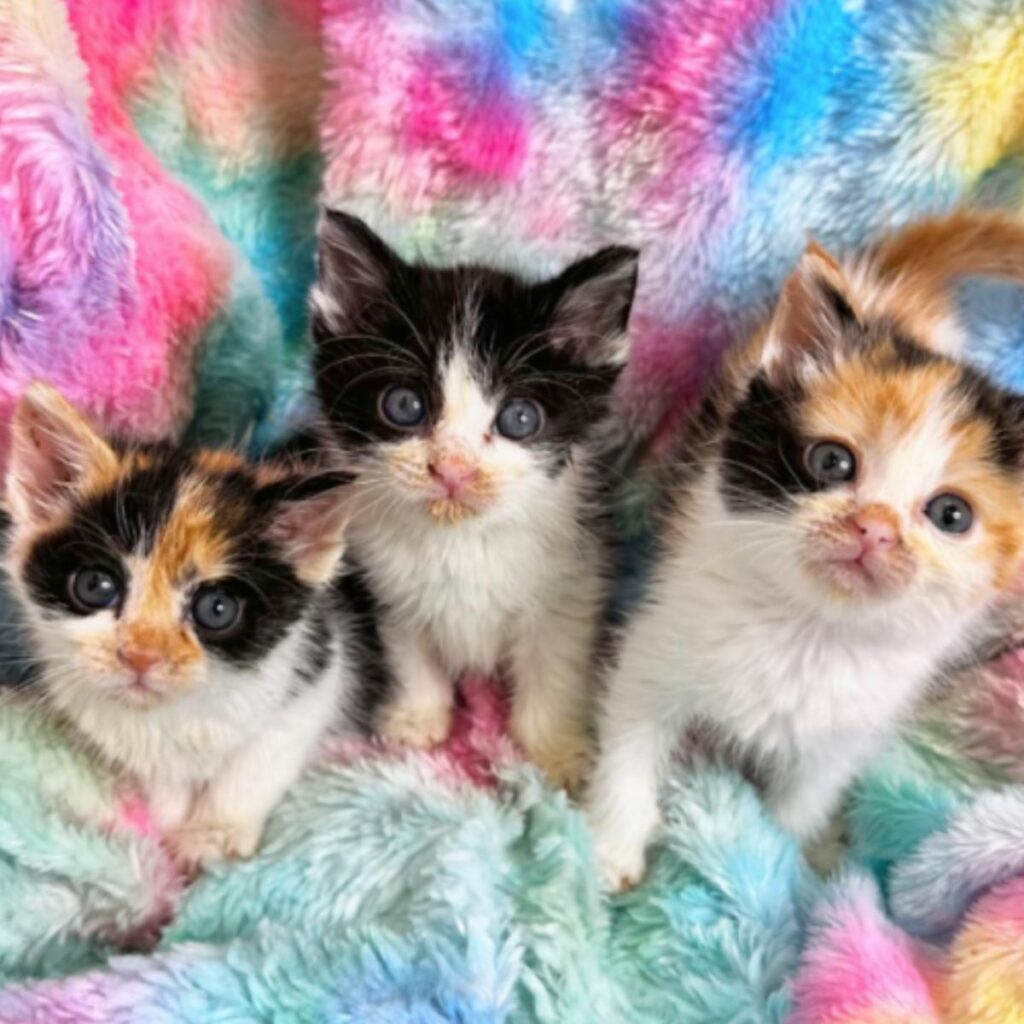Have you ever wondered why your cat gently bumps their head against you?
This behavior, known as headbutting or bunting, isn’t just a random act; it’s a complex form of communication that signifies trust and affection.
Cats use their scent glands to mark you as part of their territory, creating a sense of belonging and security.
But should you reciprocate this gesture by headbutting them back? Before you try, consider the differences in our skull structures and the best ways to return their affection.
Let’s explore what your cat is really trying to tell you and how you should respond.
Reasons Cats Headbutt
Cats headbutt for several reasons, primarily to mark their territory and show affection.
When your cat bumps its head against you, it’s often rubbing scent glands located on its face onto you.
This act leaves behind pheromones that signify you’re part of their territory.
It’s a cat‘s way of saying you belong to their safe space, making them feel secure and content.
Another key reason cats headbutt is to show affection. It’s similar to how humans hug or hold hands.
When your cat headbutts you, it’s demonstrating trust and love.
This behavior usually occurs when your cat feels relaxed and happy, so it’s a great sign of their comfort level with you.
Headbutting can also be a way for cats to seek attention or ask for interaction.
If your cat wants to play, be petted, or simply wants your company, it might headbutt you to get your focus.
Pay attention to the context and other body language cues to understand what your cat is trying to communicate.
Recognizing these reasons behind headbutting will help you respond appropriately and strengthen your bond with your beloved pet.
Read more: Cat Smiles: Are They Real Or Just Our Imagination?
Emotional And Social Significance
Through their headbutting behavior, your cat friend communicates complex emotions and social bonds.
When your cat gently bumps their head against you, they’re not just seeking your attention; they’re also marking you as part of their territory.
This action is rich with affectionate meaning, as it signifies trust and comfort.
Your cat‘s head contains scent glands that release pheromones, which are unique chemical markers.
By headbutting, they’re leaving behind their scent, essentially saying, ‘You’re part of my family.’
This behavior isn’t limited to interactions with humans; cats also headbutt fellow cats and even other pets they trust.
It’s a way to strengthen social connections and establish a sense of community within their environment.
When your cat headbutts you, it’s their way of expressing love, security, and belonging.
This gesture can be seen as a compliment, indicating that your cat feels safe and happy in your presence.
Moreover, headbutting can help reduce their stress levels, creating a calming effect.
The act releases endorphins, which contribute to a sense of well-being. So, when your cat friend headbutts you, it’s not just a physical action; it’s an emotional and social investment in your relationship.
Read more: Why Your Cat Carries Toys And Meows: A Playful Bond Explained
Should You Headbutt Back?
While understanding the emotional significance behind your cat‘s headbutts is important, you might wonder if you should reciprocate this gesture. Generally, it’s best not to headbutt your cat back in the same manner.
Your cat‘s skull is much more resilient than yours, and attempting to mimic their behavior could lead to accidental injury for either of you.
Instead, there are other ways to respond that can foster the same affectionate bond.
Gently leaning your forehead towards your cat, without making direct contact, can be a safe way to acknowledge their gesture.
You can also use your hand to gently stroke their head or cheeks, which can mimic the feel of a headbutt and convey your affection.
Pay attention to their body language; a relaxed posture and purring typically indicate they’re enjoying the interaction.
Additionally, talking softly to your cat while you pet them can enhance the bonding experience.
Cats respond well to soothing voices, and this can further strengthen your connection.
Read more: The Truth About Toilet Training Cats: Expert Warnings Included
Conclusion
Understanding why cats headbutt helps you appreciate their way of showing affection and marking territory.
It’s best not to headbutt them back because their skulls are more resilient than yours.
Instead, you can lean your forehead towards them or gently stroke their head or cheeks.
These actions will foster a strong bond and show your cat that you care.
By responding appropriately, you’ll deepen your connection and guarantee your cat feels loved and secure.
Read more: Cat Smiles: Are They Real Or Just Our Imagination?
